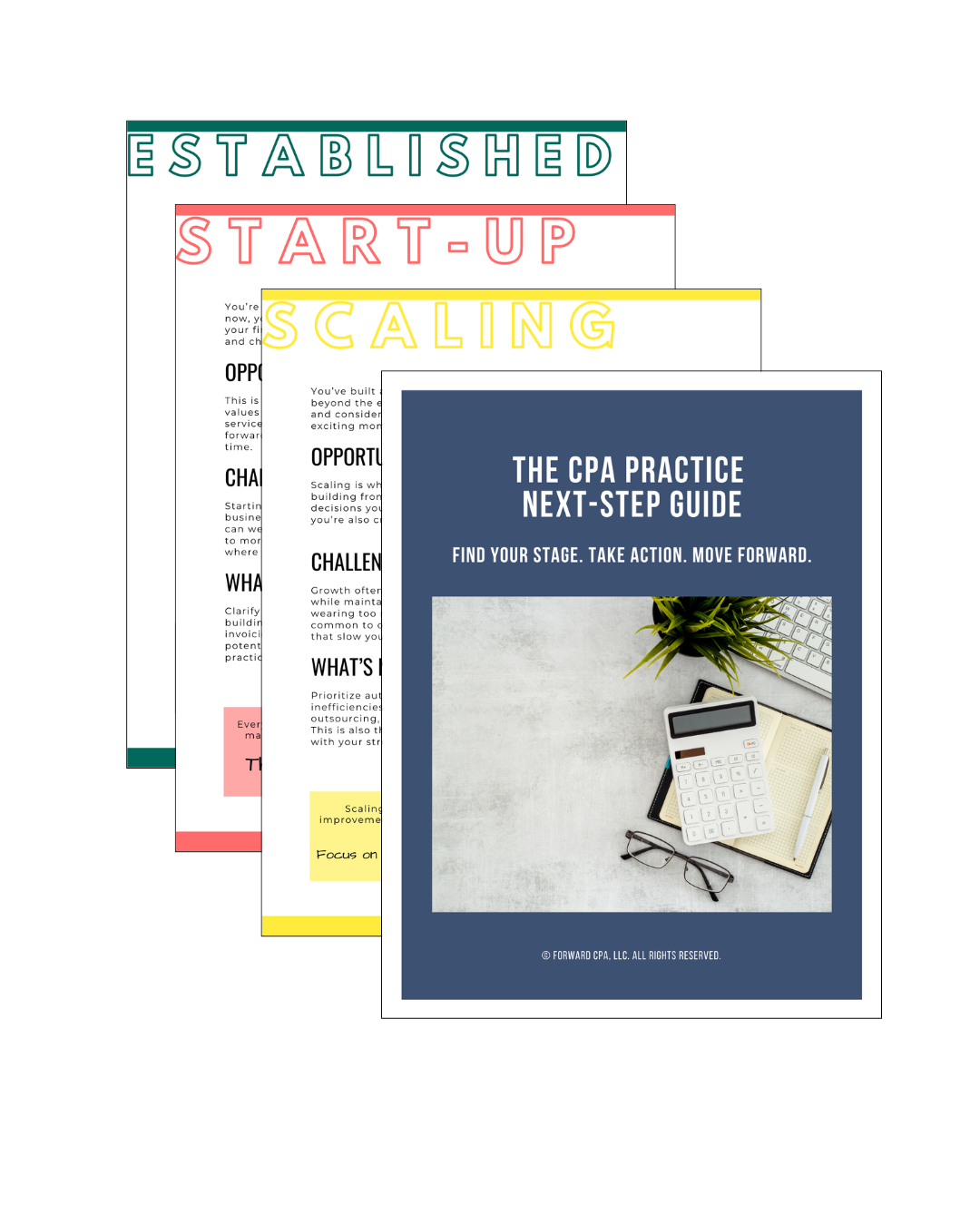What GASB Updates Mean for You: A Non-Technical Guide for Busy Teams
Aug 15, 2025
If you’ve ever opened a new GASB statement and thought, “This isn’t written for people with real jobs,” you’re not alone.
Governmental accounting standards are important—but the updates often feel complex, overwhelming, and full of jargon.
Meanwhile, you’re just trying to keep up with daily operations, prepare for audit season, and ensure your records are accurate.
This guide is for you. No technical speak. No policy debates. Just clear, practical insights on what recent GASB updates actually mean for your team—and what (if anything) you need to do about them.
Why GASB Updates Matter (Even If You’re Not a CPA)
GASB (the Governmental Accounting Standards Board) sets the rules for how financial information is reported for state and local governments, including:
-
School districts
-
Cities and counties
-
Public utilities
-
Special districts
When a new GASB statement is issued, it may affect:
-
How you classify or report certain transactions
-
What disclosures need to be added to your financials
-
How your auditor performs procedures and testing
-
What information you need to track during the year
You don’t need to memorize the standard—but you do need to know how it impacts your job.
Recent GASB Topics (and What You Should Know)
Let’s look at a few recent and upcoming GASB standards that may affect your team.
🔹 GASB 87: Leases
What changed: You now report most leases on your balance sheet—even if they were “operating leases” before.
What this means for you:
-
Start tracking lease agreements for copiers, office space, equipment, etc.
-
You'll need the terms, payment amounts, and end dates
-
Talk to your auditor early to identify what qualifies
Why it matters: If leases are missing, your financial statements may be incomplete—and you may get an audit finding.
🔹 GASB 96: Subscription-Based IT Arrangements (SBITAs)
What changed: If you subscribe to software (like accounting, payroll, or cloud storage tools), it may need to be reported like a lease.
What this means for you:
-
Make a list of any software subscriptions that are paid over time
-
Track start dates, end dates, and annual payment info
-
Ask your auditor if it meets the definition of a SBITA
Why it matters: This ensures your tech-related contracts are reported consistently—especially in multi-year deals.
🔹 GASB 101: Compensated Absences
What changed: New guidance is coming for how to recognize unused leave (like vacation and sick time).
What this means for you:
-
Make sure leave balances are accurately tracked and updated
-
Understand how your policy treats accrued leave
-
Prepare to update your year-end liability if needed
Why it matters: Leave liabilities often appear in your footnotes or long-term liabilities—auditors will want this updated.
How to Stay Ahead Without Getting Overwhelmed
You don’t need to read every GASB statement cover to cover.
But you do need a way to keep up without falling behind. Here’s how:
✅ 1. Ask Your Auditor for a Plain-Language Summary
Most firms will gladly give you a short update on what’s changing and how it affects your entity.
✅ 2. Track What You Already Have
Start keeping a folder for:
-
Lease and subscription contracts
-
Payroll and leave policies
-
Capital asset additions and disposals
- Grant documentation
This way, you’re not hunting things down when a new standard applies.
✅ 3. Flag Unusual Transactions Early
Bought a new building? Changed software vendors? Started a new program? Tell your auditor. Even if it’s not a GASB issue yet, they can help plan ahead.
You Don’t Need to Know Every Rule—Just the Right Ones for You
GASB updates can feel overwhelming—but most only affect a few key areas each year.
If you know what to track, who to ask, and how to stay organized, you’ll be ready—without the stress.
So don’t worry about decoding the full standards.
Just focus on building a system that helps you:
✅ Stay aware
✅ Stay documented
✅ Stay connected to your auditor
That’s how you stay ready—not reactive.
Your Next Step Forward
Join the newsletter designed to help CPAs take the next best step in building a practice they love, with practical insights, game-changing tools, and quick wins in every email.
We hate SPAM. We will never sell your information, for any reason.




